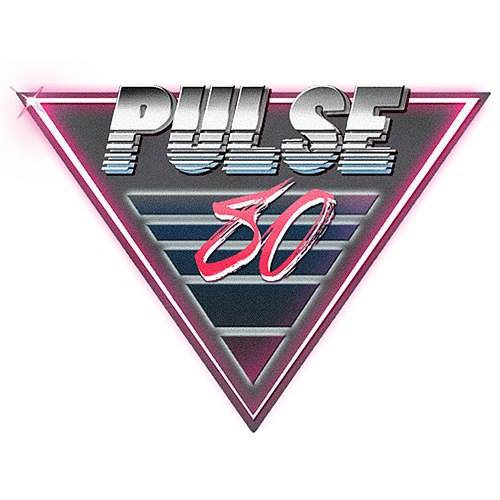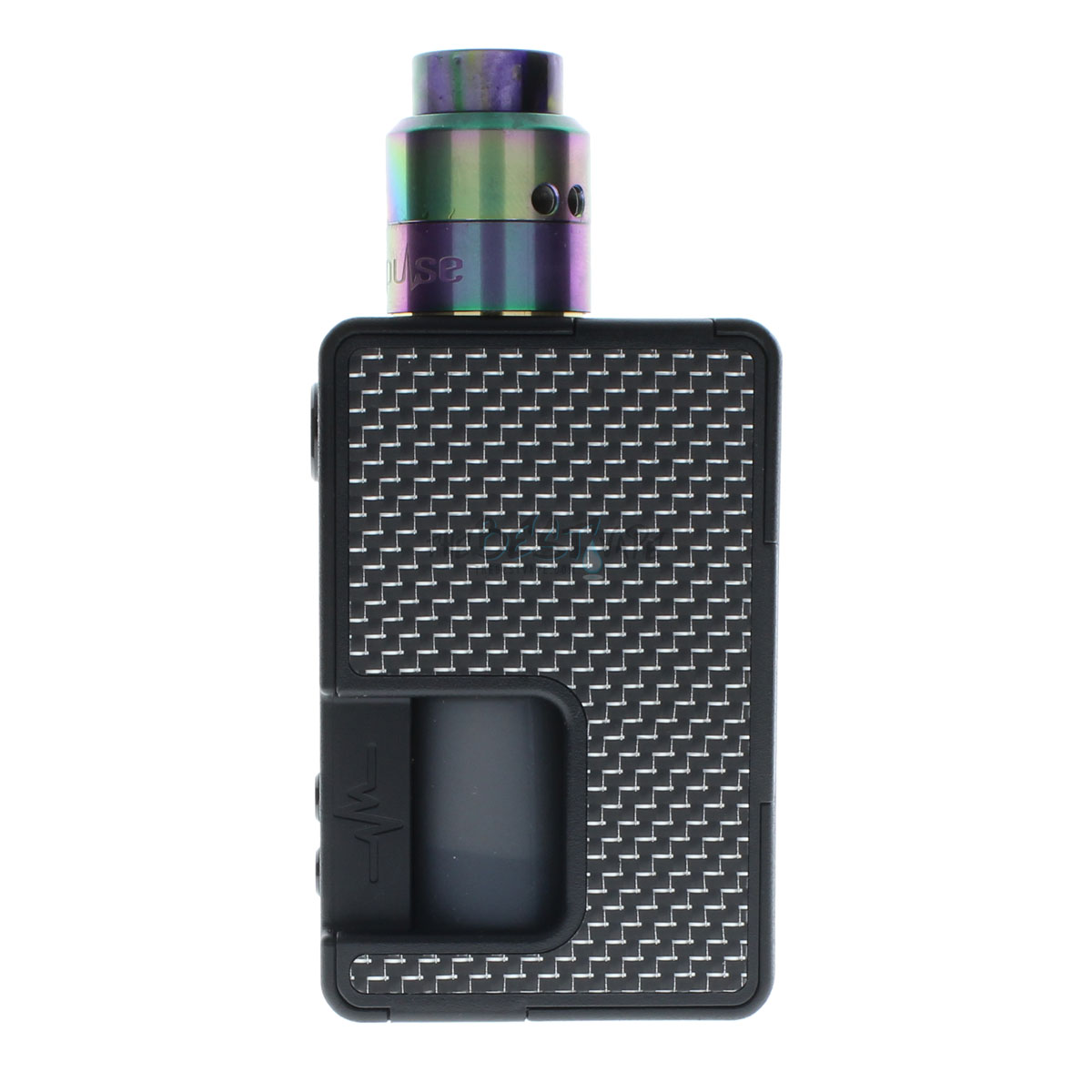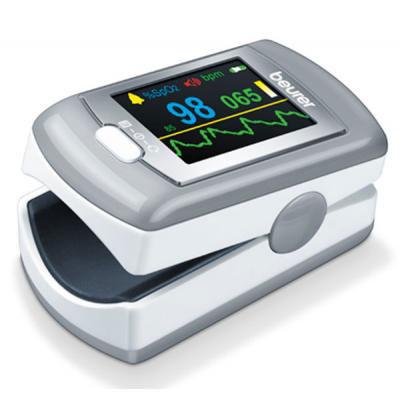Overview
What is your pulse?
- The sleek Pulse 80 Generation 2 combines style with functionality to give you a jellyfish aquarium like no other. Designed from the ground up for jellyfish, this tank makes a spectacular display for jellyfish which are illuminated by its in built, colour changing LED system.
- You can refer to a normal resting heart rate chart to confirm if your heart rate falls within normal range. Keep reading to learn more about it. A Detailed Chart of Resting Heart Rate. The resting heart rate of a normal adult is between 60 and 100 beats per minute. The lower the heart rate is at rest, the more efficient the heart function is.
- Below 120 and Below 80 Normal blood pressure Maintain or adopt a healthy lifestyle. 120-139 or 80-89 Pre-Hypertension Maintain or adopt a healthy lifestyle. 140-159 or 90-99 Stage 1 Hypertension Maintain or adopt a healthy lifestyle. If blood pressure goal isn't reached in about six months, talk to your doctor.
- Normal healthy resting pulse rates for 80 year olds. The average resting heart rate (HRrest) for a 80 year old is 72 beats per minute 2.80 year old males average heart rates of 71 bpm while females average slightly higher at 73 bpm 2.The normal resting heart rate range for all adults and children 10 and over is between 60 and 100 beats per minute 3.90% of 80 year olds resting pulses fall.
Your pulse is your heart rate, or the number of times your heart beats in one minute. Pulse rates vary from person to person. Your pulse is lower when you are at rest and increases when you exercise (more oxygen-rich blood is needed by the body when you exercise). Knowing how to take your pulse can help you evaluate your exercise program.
How to take your pulse


- Place the tips of your index, second and third fingers on the palm side of your other wrist below the base of the thumb. Or, place the tips of your index and second fingers on your lower neck on either side of your windpipe.
- Press lightly with your fingers until you feel the blood pulsing beneath your fingers. You may need to move your fingers around slightly up or down until you feel the pulsing.
- Use a watch with a second hand, or look at a clock with a second hand.
- Count the beats you feel for 10 seconds. Multiply this number by six to get your heart rate (pulse) per minute.
Count your pulse: _____ beats in 10 seconds x 6 = _____ beats/minute
A normal resting heart rate for a healthy adult is somewhere between 60 and 80 beats per minute, according to the American Heart Association. When heart rate habitually drops below 60 beats per minute, the condition is called bradycardia.
What is a normal pulse?
Normal heart rates at rest:
- Children (ages 6 - 15) 70 – 100 beats per minute
- Adults (age 18 and over) 60 – 100 beats per minute
Test Details
What is maximum heart rate?
The maximum heart rate is the highest heart rate achieved during maximal exercise. One simple method to calculate your predicted maximum heart rate, uses this formula:
220 - your age = predicted maximum heart rate
Example: a 40-year-old's predicted maximum heart rate is 180 beats/minute.
There are other formulas that take into account the variations in maximal heart rate with age and gender. If you are interested in learning more about these more accurate but slightly more complicated formulas please see these resources:
- Gellish RL, Goslin BR, Olson RE, McDonald A, Russi GD, Moudgil VK. Longitudinal modeling of the relationship between age and maximal heart rate. Med Sci Sports Exerc. 2007 May;39(5):822-9. www.ncbi.nlm.nih.gov/pubmed/17468581
- Gulati M, Shaw LJ, Thisted RA, Black HR, Bairey Merz CN, Arnsdorf MF. Heart rate response to exercise stress testing in asymptomatic women: the st. James women take heart project. Circulation. 2010 Jul 13;122(2):130-7. Epub 2010 Jun 28. www.ncbi.nlm.nih.gov/pubmed/20585008
Your actual maximum heart rate is most accurately determined by a medically supervised maximal graded exercise test.

Please note that some medications and medical conditions may affect your heart rate. If you are taking medications or have a medical condition (such as heart disease, high blood pressure or diabetes), always ask your doctor if your maximum heart rate/target heart rate will be affected. If so, your heart rate ranges for exercise should be prescribed by your doctor or an exercise specialist.

What is target heart rate?
- You gain the most benefits and lessen the risks when you exercise in your target heart rate zone. Usually this is when your exercise heart rate (pulse) is 60 to 80% of your maximum heart rate. In some cases, your health care provider may decrease your target heart rate zone to begin with 50% .
- In some cases, High Intensity Interval Training (HIIT) may be beneficial. This should be discussed with a healthcare professional before beginning. With HIIT exercise, heart rates zones may exceed 85%.
- Always check with your healthcare provider before starting an exercise program. Your provider can help you find a program and target heart rate zone that matches your needs, goals and physical condition.
- When beginning an exercise program, you may need to gradually build up to a level that's within your target heart rate zone, especially if you haven't exercised regularly before. If the exercise feels too hard, slow down. You will reduce your risk of injury and enjoy the exercise more if you don't try to over-do it!
- To find out if you are exercising in your target zone (between 60 and 80% of your maximum heart rate), stop exercising and check your 10-second pulse. If your pulse is below your target zone (see below), increase your rate of exercise. If your pulse is above your target zone, decrease your rate of exercise.
What is your target zone?

Target Heart Rate Zones by Age *
- Age: 20
- Target Heart Rate (HR) Zone (60-85%): ** 120 – 170
- Predicted Maximum HR: 200
- Age: 25
- Target Heart Rate (HR) Zone (60-85%): 117 – 166
- Predicted Maximum HR: 195
- Age: 30
- Target Heart Rate (HR) Zone (60-85%): 114 – 162
- Predicted Maximum HR: 190
- Age:35
- Target Heart Rate (HR) Zone (60-85%): ** 111 – 157
- Predicted Maximum HR: 185
- Age: 40
- Target Heart Rate (HR) Zone (60-85%): 108 – 153
- Predicted Maximum HR: 180
- Age: 45
- Target Heart Rate (HR) Zone (60-85%): 105 – 149
- Predicted Maximum HR: 175
- Age: 50
- Target Heart Rate (HR) Zone (60-85%): 102 – 145
- Predicted Maximum HR: 170
- Age:55
- Target Heart Rate (HR) Zone (60-85%): 99 – 140
- Predicted Maximum HR: 165
- Age:60
- Target Heart Rate (HR) Zone (60-85%): 96 – 136
- Predicted Maximum HR: 160
- Age:65
- Target Heart Rate (HR) Zone (60-85%): 93 – 132
- Predicted Maximum HR: 155
- Age:70
- Target Heart Rate (HR) Zone (60-85%): 90 – 123
- Predicted Maximum HR: 150
Your Actual Values (Actual Values are determined from a graded exercise test)
- Target HR
- Max. HR
Pulse 80 Tank
* This chart is based on the formula: 220 - your age = predicted maximum heart rate.
Resources
For more information about exercise
- Exercise for Your Heart Health.
- Exercise: Make Your Program a Success.
- To make an appointment with an exercise specialist or to join a cardiac rehabilitation program, contact the Cleveland Clinic Preventive Cardiology and Rehabilitation Program at 216.444.9353 or 800.223.2273, ext. 9353
- To find a cardiac rehabilitation program in your area, contact the American Association of Cardiopulmonary Rehabilitation.
- American Heart Association.
- National Heart, Lung, and Blood Institute.
Is a 80 pulse rate too high? A heart rate of 80 beats per minute (or 13.3 beats every 10 seconds) is within the range considered normal for adults and children over ten.3
While within the normal adult range of 60 to 100, a 80 pulse is 17.6% quicker than the typical adult average of 73 bpm.
Your resting pulse will vary with age. Consult the table below to check how a 80 heart rate compares to others in your age range.
80 bpm Pulse Percentile by Age
| Age | Percentile for 80 resting pulse |
|---|---|
| Infant | Top 1% Extremely Low |
| 1 year | Top 1% Extremely Low |
| 2-3 years | Top 2.5% Very Low |
| 4-5 years | Top 25% Lower Than Average |
| 6-8 years | Top 50% Average |
| 9-11 years | Top 50% Average |
| 12-15 years | Top 75% Average |
| 16-19 years | Top 75% Average |
| 20-39 years | Top 90% Higher Than Average |
| 40-59 years | Top 90% Higher Than Average |
| 60-79 years | Top 90% Higher Than Average |
| 80+ years | Top 90% Higher Than Average |
High Heart Rate Normal Blood Pressure
Source Citations
Pulse 80 Tank
- Linda J. Vorvick MD, U.S. Department of Health and Human Services National Institute of Health Pulse: MedlinePlus Medical Encyclopedia
Change pulse
